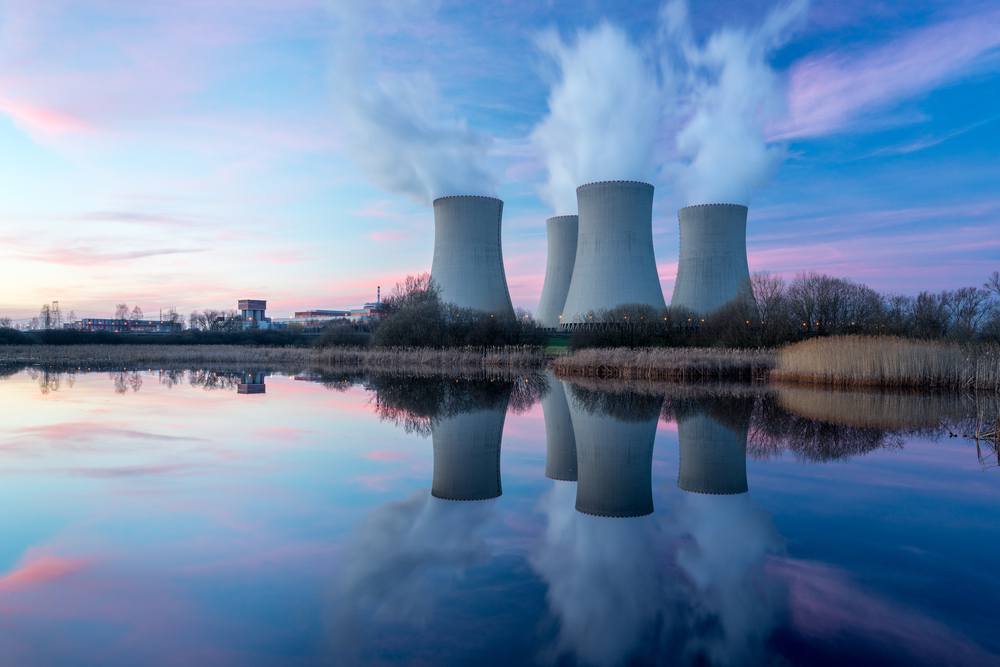Wind energy is increasingly popular due to its numerous health benefits compared to fossil fuels. Wind energy is the cleanest, cheapest, most abundant, and domestically produced renewable energy. On the other hand, fossil fuel pollutes the environment, contributes to climate change, and is a non-renewable resource.
A new study finds that wind energy produces substantially lower pollutants than fossil fuel, with no carbon emissions. Almost 10% of United States households now generate electricity using renewable sources, with the numbers expected to increase in the future. Here are some health benefits of using wind energy instead of fossil fuels.
- Non-pollutant
Pollution from fossil fuel emissions can cause numerous health problems. Fossil fuel pollution aggravates asthma symptoms, reducing lung function and increasing the risk of respiratory illnesses. Pollutants can be carcinogenic, affect reproductive systems and cause birth defects. The burning of coal is known to increase sulfur dioxide levels which causes acid rain, as well as mercury levels which are toxic to vulnerable populations like children and the elderly.
Wind energy, however, does not emit any pollutants and does not create acid rain and mercury. It improves air quality and strengthens the immune system. Wind energy reduces health problems and increases human health by reducing heart disease and stroke, improving lung function, and reducing the risk of respiratory illness.
- Renewable energy
Using fossil fuels increases the number of greenhouse gases in the atmosphere due to excessive amounts of carbon dioxide and methane. These gases are considered the primary agents of global warming. The burning of fossil fuels contributes to the acidification of ocean water and hence threatens marine life. On the other hand, wind energy does not contribute to global warming or ocean acidification. Wind energy is a renewable energy source and does not contribute to greenhouse gas emissions. - Wind is inexhaustible
Winds are inexhaustible, and hence this energy form will never run out. Wind energy makes up almost 6% of the world’s total energy production and is also the fastest-growing renewable clean energy source. It is a safe and cost-effective energy for any household. Its inexhaustibility contributes to a better quality of life. It is, therefore, a highly reliable energy source and provides households with energy security.
Coal production, transportation, and burning harm people’s health and the environment. It contributes to climate change, pollution, and acidification of ocean water. Such high emissions can cause respiratory illnesses and problems related to allergies and asthma.
- Wind energy reduces our dependence on fossil fuel
Fossil fuel is the main cause of pollution and a large contributor to global warming. Pollution from fossil fuel emissions leads to health problems such as asthma and cancer. It also generally contributes to pollution in the environment. Fossil fuel is non-renewable, meaning it takes years to recover once the resources are depleted. The harmful effects of fossil fuels threaten people’s health and well-being.
The reliance on non-renewable sources contributes to the degradation of the environment and is caused by the fossil fuels available. Wind energy, on the other hand, is a renewable clean energy that helps slow down environmental deterioration caused by greenhouse gas emissions and the commercial exploitation of natural resources. Since wind energy is cheaper, more accessible, and more reliable than fossil fuels, households can save money and contribute to environmental sustainability.
- Does not contaminate
The extraction of fossil fuels contaminates the soil and water supply with chemicals like mercury and arsenic. Coal mining releases toxic chemicals into the air, contributing to respiratory illnesses.
Wind energy has no adverse effects on the environment and is also a clean energy source. Wind energy does not contribute to marine pollution and oil spills which are hazardous to marine life and human health. It neither pollutes land or water nor causes acid rain.
Conclusion
Wind energy has numerous benefits both socially, environmentally, and economically. These advantages of wind energy benefit humans, wildlife, and animals in general. Wind turbines also have no detrimental effects on the environment as they do not pollute or harm flora and fauna around them. Wind energy is a sustainable energy source that improves public health and brings about employment opportunities for the industry. It does not contribute to global warming or ocean acidification as fossil fuels do, making it safer for all living beings.







